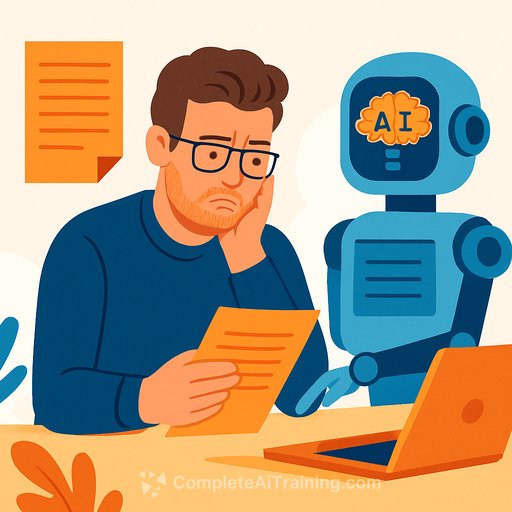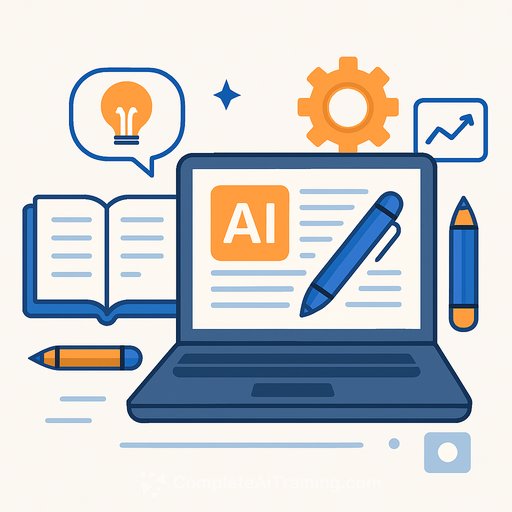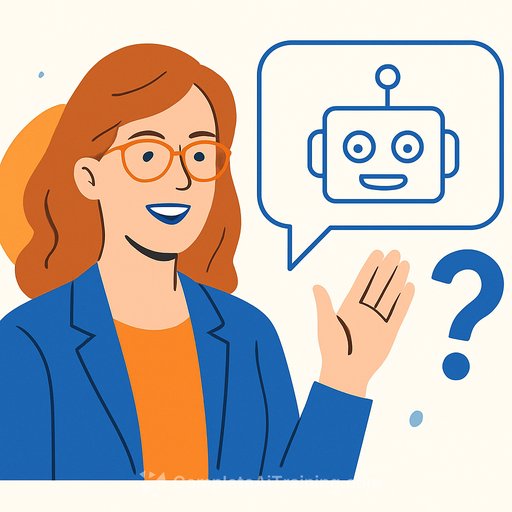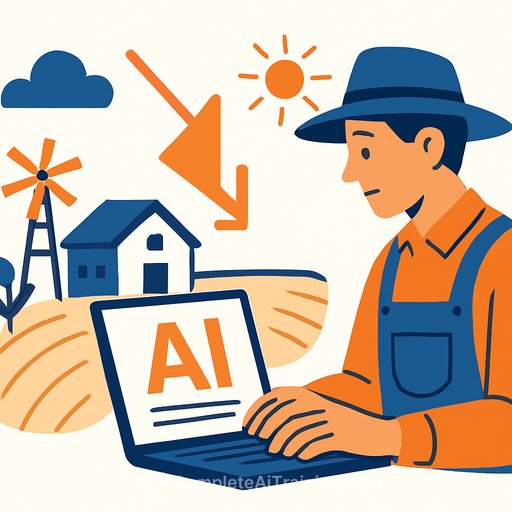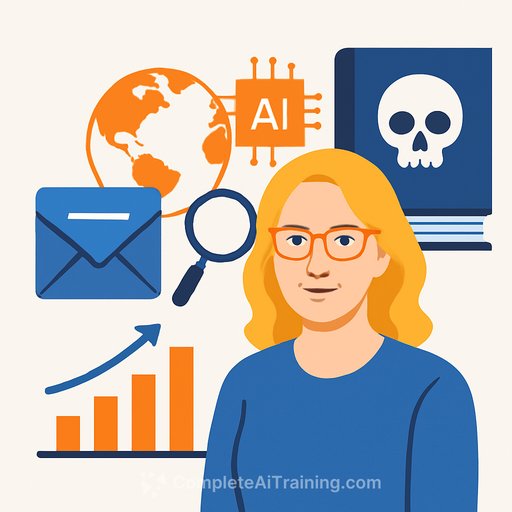Charlie Brooker Raises Concerns About AI's Role in Writing
Charlie Brooker, the creator behind the TV series Black Mirror, shared his thoughts on how artificial intelligence might change the writing process. Speaking at the Edinburgh TV Festival, Brooker expressed that while he’s not worried about AI replacing writers, the rise of "AI animatics" could influence how scripts are developed.
He described a concept he heard from another writer: scripts could be input into a system that generates a rough animated version of the drama. This visual draft would then be used to suggest changes, turning the script itself into a prompt for AI-driven insights.
“That felt plausible to me, because basically the script becomes a prompt,” Brooker said. “That worries me.”
The Human Element in Storytelling
Despite the technological shifts, Brooker believes audiences will continue to seek stories rooted in human experience. He hopes there will still be a place for writers to "keep keyboards warm with flesh."
He also imagined future cinematic experiences where viewers’ faces are scanned upon entering a theater, allowing them to see themselves as characters on screen—a concept that feels like a Black Mirror episode in itself.
Insights on Black Mirror and Industry Collaboration
Brooker teased an upcoming project described as “very different” from his previous work. He also reflected on how Netflix embraced satire about subscription models in the Black Mirror episode Common People, starring Rashida Jones.
“I would love to say that I stormed into a boardroom and went: 'This must happen.' No, they’ve been very up for that sort of thing,” he joked.
Regarding casting, Brooker mentioned the privilege of working with actors like Paul Giamatti, though he still sometimes has to write “begging letters” to secure talent. He noted that many actors enjoy working on Black Mirror because it remains exciting and avoids the dullness of familiarity.
What Writers Can Take Away
- AI tools might soon assist in producing early visual drafts of scripts, impacting how writers revise and develop stories.
- Human experience and creativity remain vital; audience demand for authentic storytelling is unlikely to disappear.
- Writers should stay adaptable and consider how AI can support, rather than replace, the creative process.
For writers interested in exploring how AI can fit into their workflow, resources like Complete AI Training's job-specific AI courses offer practical guidance on integrating these tools effectively.
Your membership also unlocks:

